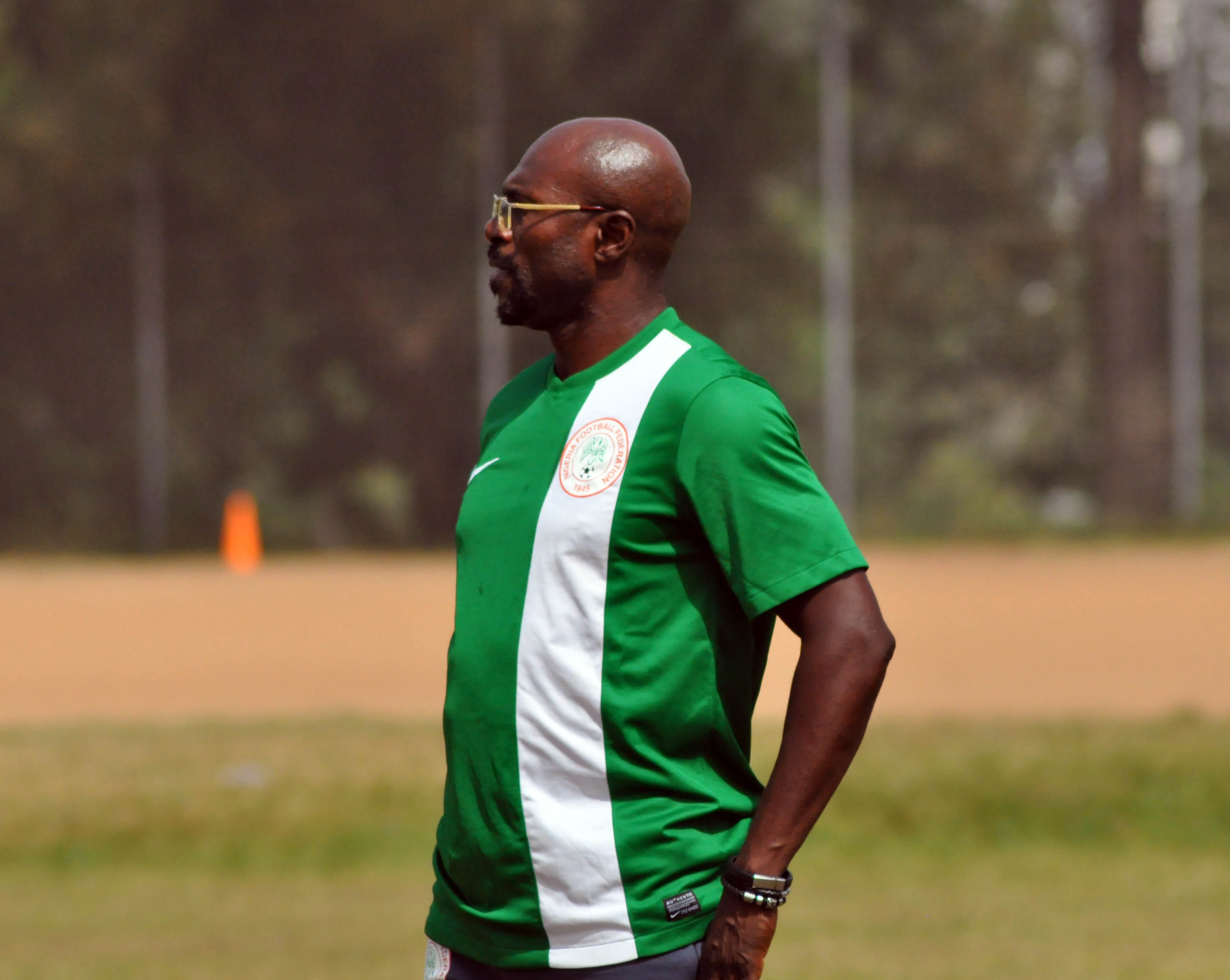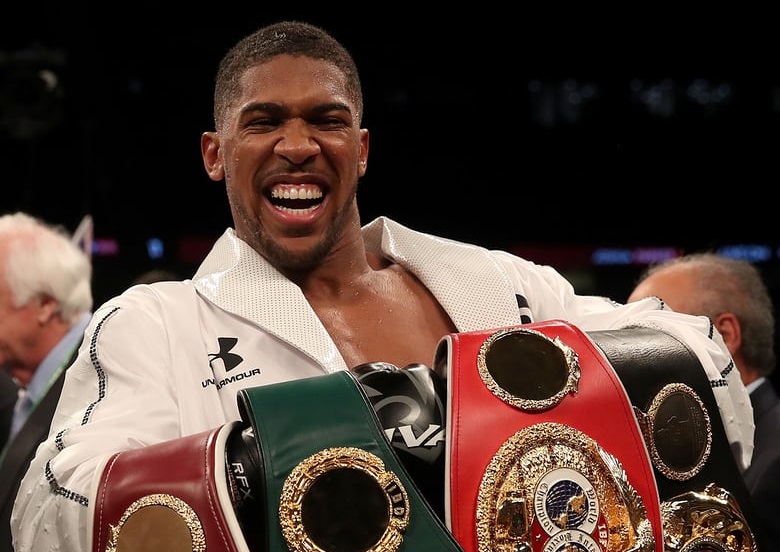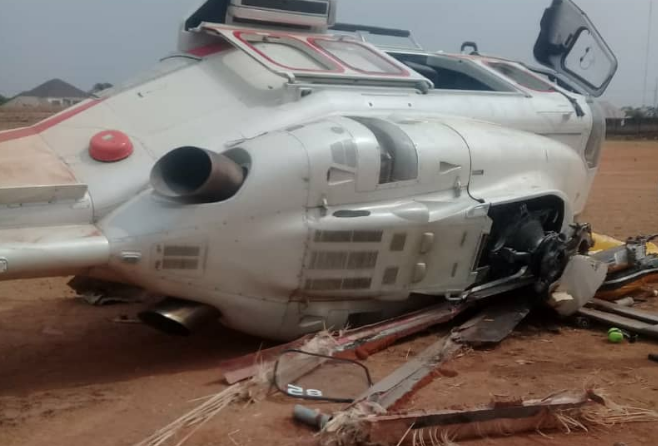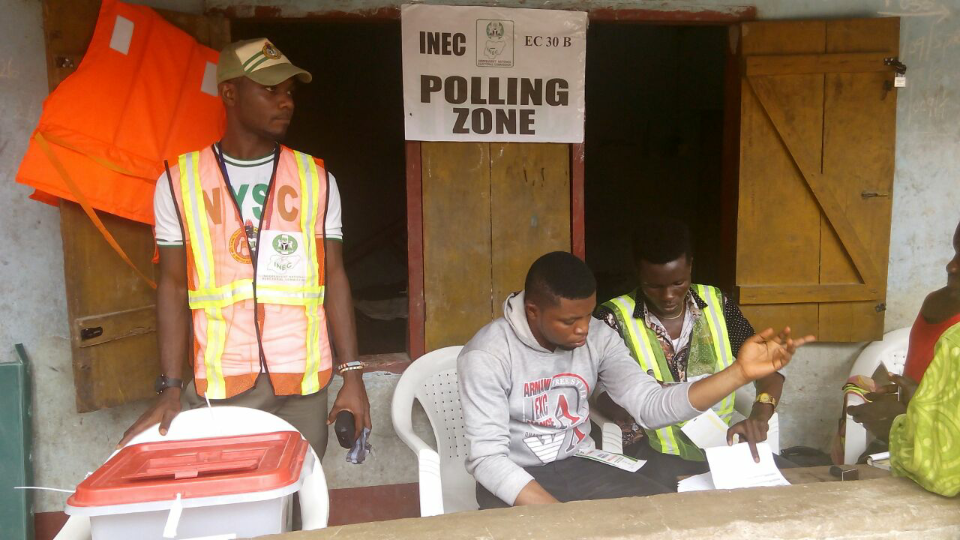The European Union (EU) has added Nigeria to countries on its “dirty money blacklist”.
According to Reuters, the EU said the nations in this category pose a threat because of tax controls on terrorism financing and money laundering.
Also added to the list which was initially 16, are Saudi Arabia, Panama, Saudi Arabia, Panama, Libya, Botswana, Ghana, Samoa, the Bahamas and four US territories of American Samoa, U.S. Virgin Islands, Puerto Rico and Guam.
The other listed countries are Afghanistan, North Korea, Ethiopia, Iran, Iraq, Pakistan, Sri Lanka, Syria, Trinidad and Tobago, Tunisia and Yemen.
Advertisement
Criteria used to blacklist the countries include low sanctions against money laundering and terrorism financing.
Other criteria were insufficient cooperation with the EU on the matter and lack of transparency over the beneficial owners of companies and trusts
The move has triggered criticism from several EU states worried about their economic relations with the listed states, notably Saudi Arabia.
Advertisement
The list now includes 23 jurisdictions, with Bosnia Herzegovina, Guyana, Laos, Uganda and Vanuatu removed.
The 28 EU states have one month, which can be extended to two, to endorse the list.
Vera Jourova, EU justice commissioner, who proposed the list, was quoted as saying she was confident states would not block it.
She said it was urgent to act on the list because of the “risks spread like wildfire in the banking sector.”
Advertisement
She added the commission would continue monitoring other jurisdictions not yet listed.
IMPLICATIONS
Apart from reputational damage, inclusion on the list complicates financial relations with the EU.
The bloc’s banks would also have to carry out additional checks on payments involving entities from listed jurisdictions.
Advertisement
This comes at a time President Muhammadu Buhari’s administration is insisting it has been committed to the fight against corruption and money laundering.
In 2017, the president signed an agreement with the United Arab Emirates (UAE), to give room for prosecution of Nigerians who launder public funds to the country.
Advertisement
Add a comment







